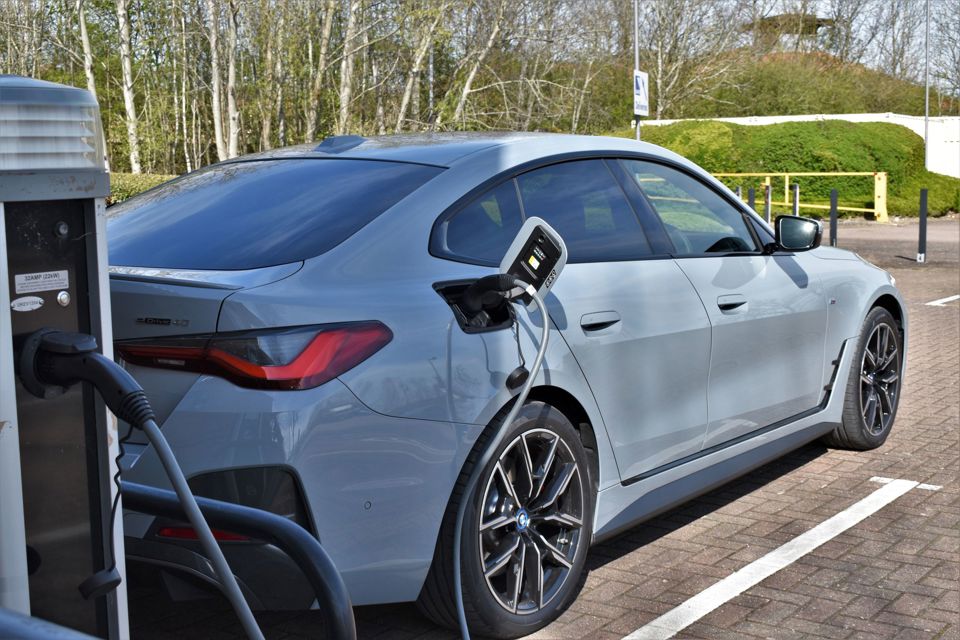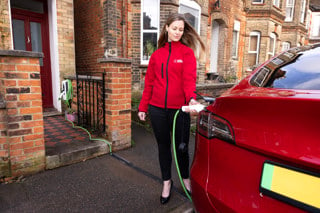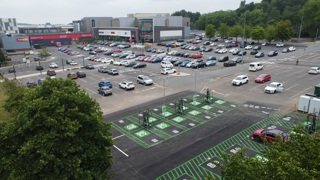The Government has confirmed that it will introduce new legislation forcing councils to produce local electric vehicle (EV) charging strategies.
Publishing its response to the Future of Transport Zero Emission Vehicles consultation, ministers said the move will ensure that every part of the country has a plan for EV charging infrastructure.
In its response to the consultation, the Department for Transport (DfT) says that local transport plans will be updated to include the requirement for local transport authorities to produce EV charging strategies and ensure provision of charge points.
It will also continue to monitor and evaluate the rollout of charging infrastructure in existing non-residential car parks, reviewing powers if market pace is deemed insufficient.
However, it added that any powers sought would be a backstop to provide certainty and allow specific future regulations if required.
The DfT says that it will consider a further consultation focused on lease interactions if powers are pursued.
The Rapid Charging Fund (RCF), meanwhile, will be used to support sites with open access charging and competition on site.
The Government says that it may develop secondary legislation under the Automated Electric Vehicle Act (2018) to mandate provision of charge points at strategically important sites.
The consultation response coincides with the DfT announcing new regulations, aimed at giving EV drivers access to transparent, easy-to-compare pricing information, simpler payment methods and more reliable charge points, have been rubber-stamped by MPs.
Charge point operators will also be required to open up their data, which the DfT hopes will make it easier for drivers to locate charge points, check their charging speeds and determine whether they are working and available for use through third-party apps, online maps and in-vehicle software.






















Login to comment
Comments
No comments have been made yet.